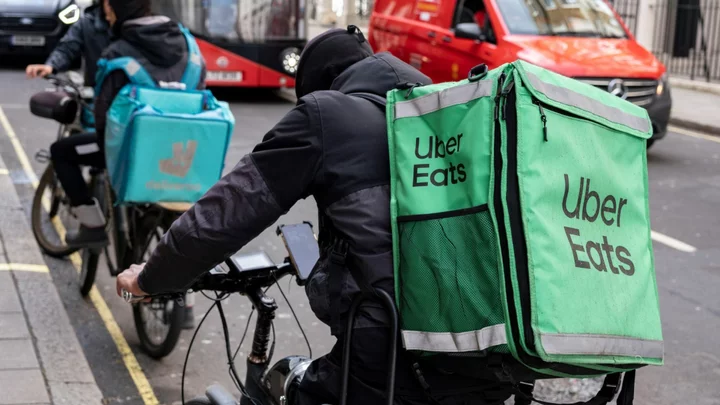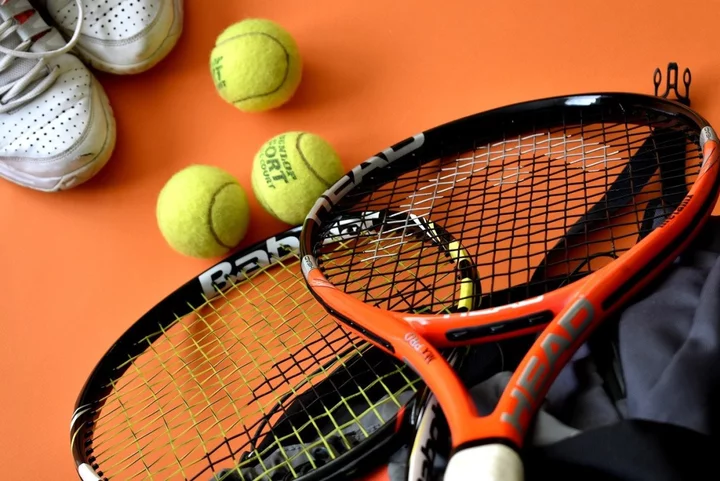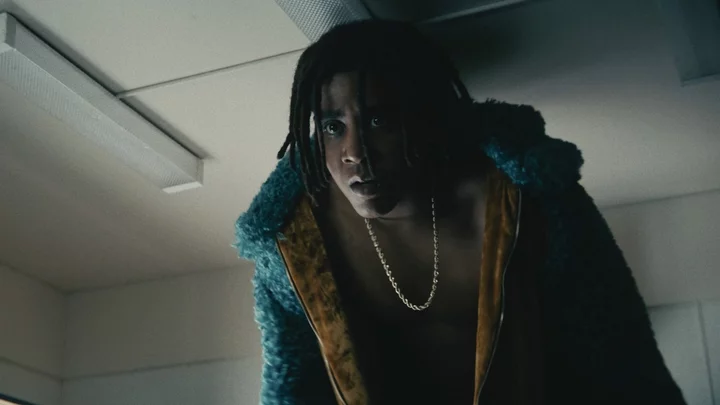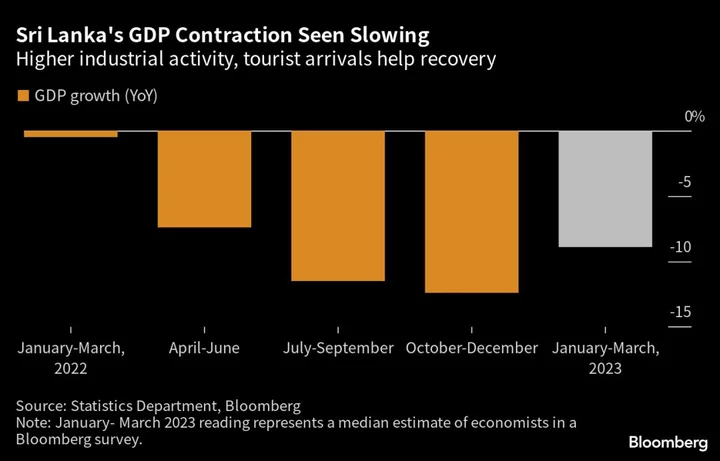Uber Eats is aiming to cut down on plastic waste in food deliveries by 2030.
Announced on Thursday, customers ordering delivery through the Uber Eats app will be able to specifically search for cafes and restaurants that use less terrible, "reusable, recyclable, compostable, and sustainably sourced" packaging. Launching next week, the feature will first roll out in Amsterdam, London, Paris, New York, San Francisco, and Taipei.
Uber said it will help businesses transition to less wasteful packaging, with guidance from the World Wildlife Fund and circular economy investment firm Closed Loop Partners. The company will also release sustainable packaging guidelines for merchants and employ packaging partnerships with companies like Green Paper Products, Bunzl, Enviropack, and Dinovia.
In addition, Uber said it's aiming to eliminate emissions on rides globally by 2040, hoping to see all trips taking place with zero-emission electric vehicles, its micromobility fleet of Lime e-bikes and scooters, or through its public transport integration Uber Transit.
SEE ALSO: I documented a week of takeout trash. Here are the photos.It's clear much of the work requires Uber drivers and riders to make greener choices, whether it's switching their own vehicle to an EV or picking delivery businesses using better packaging, respectively. To achieve zero-emission deliveries, Uber Eats will extend its U.S. vehicle and micromobility partnerships to help delivery drivers move to using the likes of its Lime e-bikes and EVs.
The company already works with local stakeholders in France to reduce delivery packaging waste, and hopes to make similar moves in cities across the Asia-Pacific region and Europe "as soon as 2025". Just recently, Uber announced a partnership with partnering with autonomous delivery startup Serve Robotics to see food deliveries carried out by zero emissions robots.
Featured Video For You How does Uber Boat work?Uber's not the first food delivery company to focus on less harmful packaging, either. For one, Deliveroo announced a £2.5 million ($3.12 million) investment to subsidise the cost of "sustainable" packaging for its restaurants.
Food delivery results in a massive amount of single-use plastic and subsequent waste. According to the U.N., "Approximately 36 per cent of all plastics produced are used in packaging, including single-use plastic products for food and beverage containers, approximately 85 per cent of which ends up in landfills or as unregulated waste." Of the estimated 11 million tons of plastic pollution that enter the world's oceans every year, the largest chunk is consumer take-out items.









